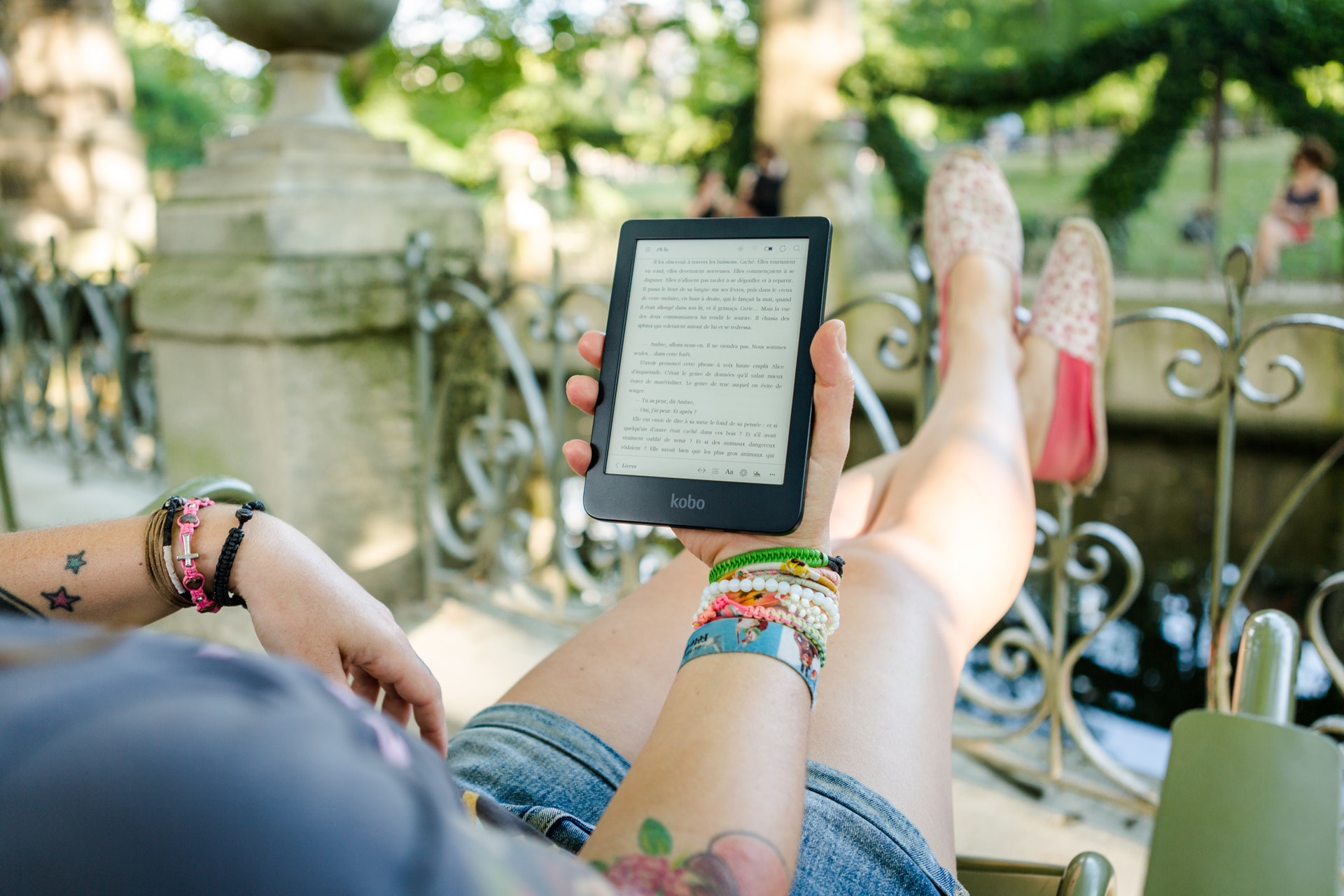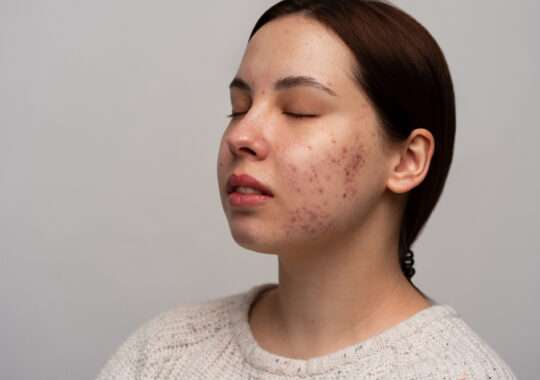We live in a society that values staying busy and accomplishing goals so much that many of us forget to take time for self-care. Of course, when you think of self-care as just one more thing on your to-do list, it’s easy to feel like you don’t have time for it. But self-care shouldn’t mean taking lots of time out of your schedule. Instead, self-care should be about creating small, daily habits that become part of your regular routine.
Identify Issues
Many of us stay so busy these days that we ignore problems like anxiety, stress, and physical pain. One simple self-care strategy is to stop and consider what changes you can make to address these physical and mental health concerns. For example, do you get stressed about work or paying bills because your home or office is a mess? If so, taking a little time to get organized can help you stay on top of things with less stress.
Another example is the link between suffering from chronic pain or other physical ailments and also having poor mental health. This can be a never-ending cycle because pain leads to stress and anxiety, while at the same time, stress and anxiety can make the pain worse. One natural way to address pain is with acupuncture or chiropractic care. This is one way to break that cycle and feel better both mentally and physically. Unfortunately, many insurance policies, including Medicare, don’t cover this type of holistic medicine. If you’re a senior, Medicare does cover physical therapy, which many seniors find effective at easing chronic pain and discomfort. Seniors can also sign up for Medicare Advantage plans, some of which cover chiropractic care. Consult online resources to learn more about Advantage plans.
Focus on Relaxation
When you aren’t in the practice of taking time for self-care, making this switch takes intentional focus. Besides addressing issues that cause problems, focus on activities you can do daily to promote relaxation.
- Physical Activity – Being active actually changes your brain chemistry in a way that boosts happiness. Even if you do a high-energy activity, you end up with a feeling of relaxation afterwards. You may also benefit from meditative activities like walking or yoga.
- Alone Time – When we’re busy, the demands of daily life can leave us feeling drained. The blog Tiny Buddha explains how this sometimes means you have to say no to certain obligations. Saying no isn’t selfish – it’s actually an essential self-care strategy for good mental health. There are also times when we need to do something quiet, like reading a book, without other people around. For many people, this is one of the best ways to relax and recharge.
- Connections – Of course, we also need human connection, and there are times when meeting up with a good friend to laugh and enjoy each other’s company is exactly what you need to feel relaxed.
Schedule Self-Care
With all of these self-care practices, the ultimate goal is to make them a regular part of your routine, not just to do them on occasion. To make this happen, The Huffington Post recommends being intentional about scheduling self-care. If you enjoy practising yoga, when is the best time to work it into your schedule? Maybe an energizing routine first thing in the morning, or a calming practice before bed? When you first get started, it helps to physically write down “yoga” (or whatever you choose) with a scheduled time.
Another self-care practice that we should schedule is to sleep. Sleep is a basic need we all have as humans, but many of us are missing out. Scheduling sleep, which means going to bed and waking up at a regular time, is one of the best ways to have a healthy sleep routine. You also need a good bedtime routine that helps you unwind and relax before hitting the hay.
From reducing stress and anxiety to being active and focusing on relaxation, all of these self-care practices work together to keep your life more balanced. We often frame self-care as taking a break from real life to do something special. Instead, focus on making basic self-care a way of living so you can lead a life you don’t need a break from.





